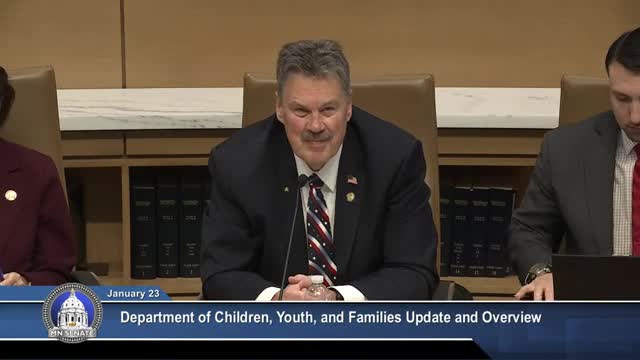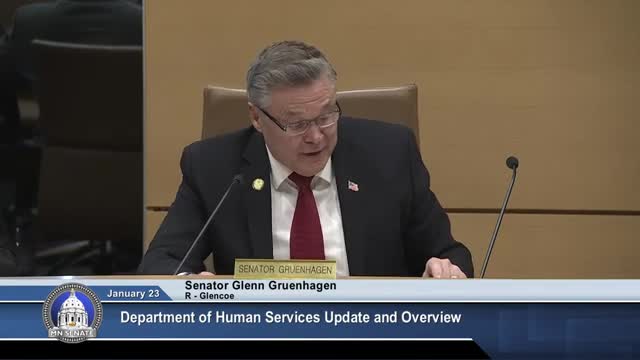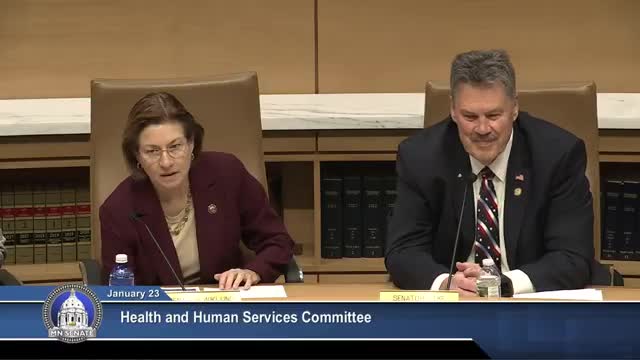Article not found
This article is no longer available. But don't worry—we've gathered other articles that discuss the same topic.

New Department of Children, Youth and Families begins operations with $3.7 billion budget; childcare licensing and in‑home daycare concerns raised

Lawmakers press DHS on fraud controls; agency seeks more authority and technology funding

